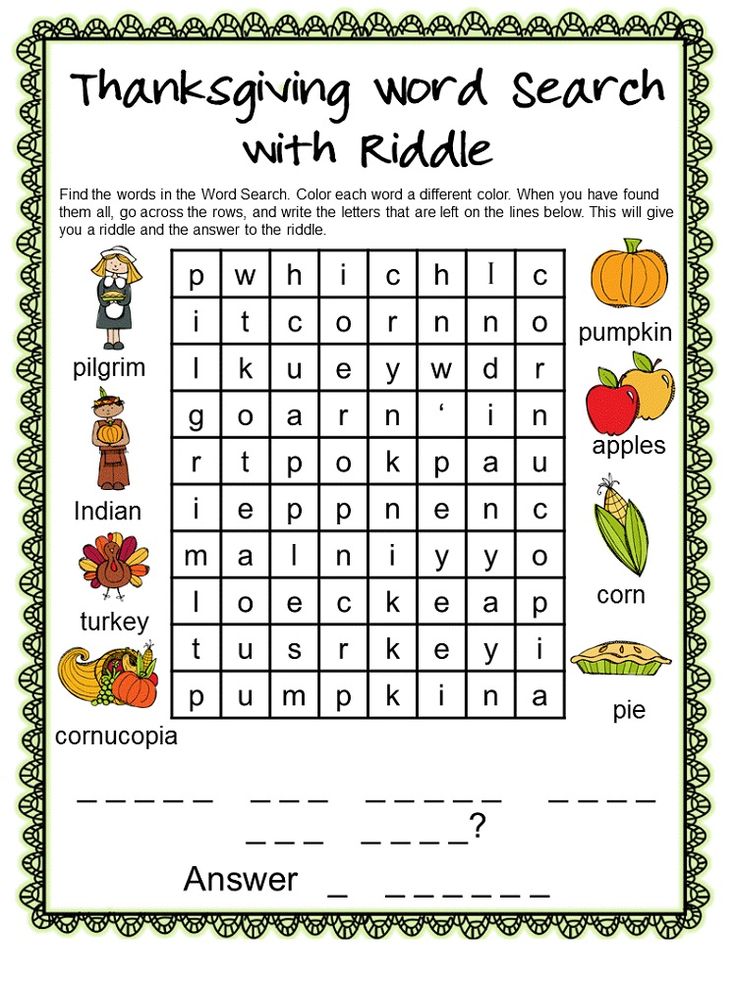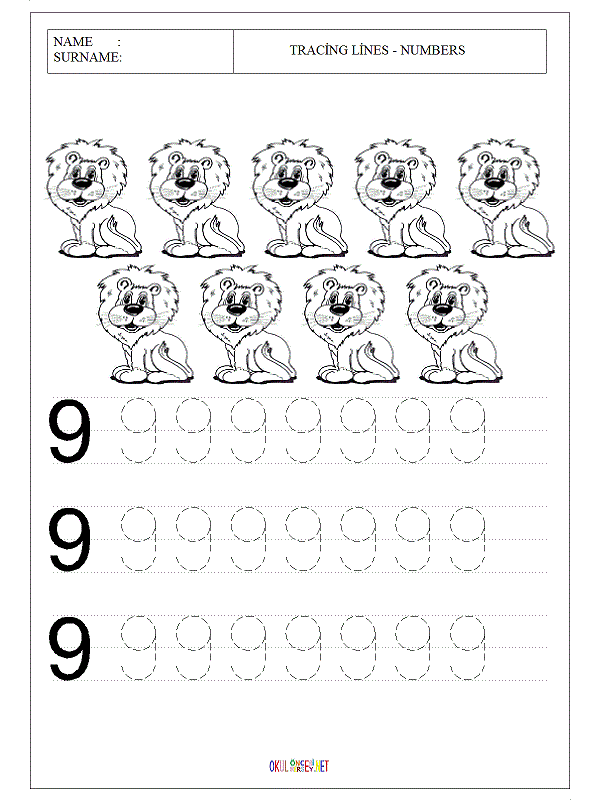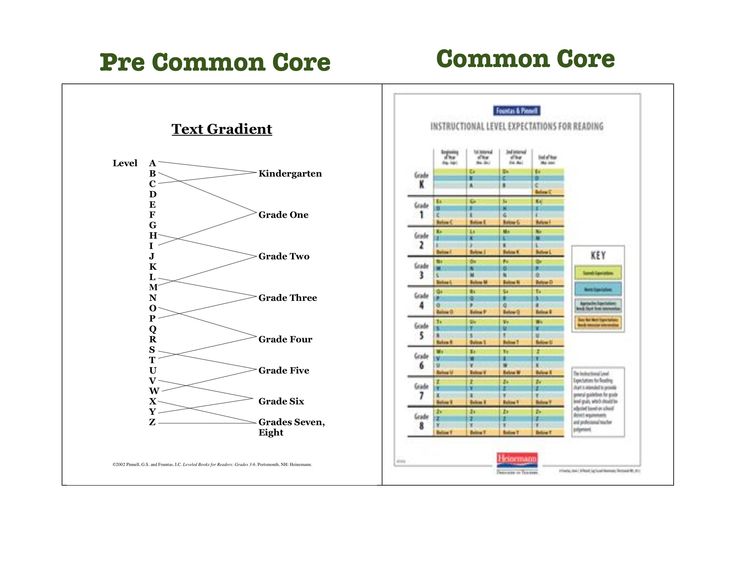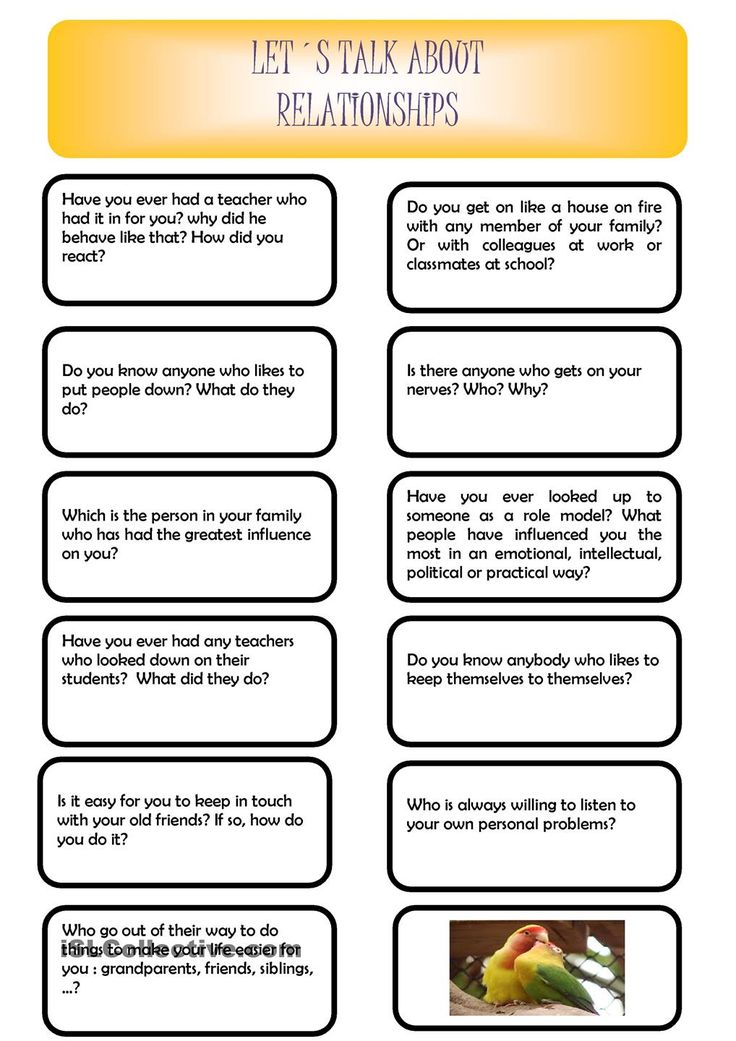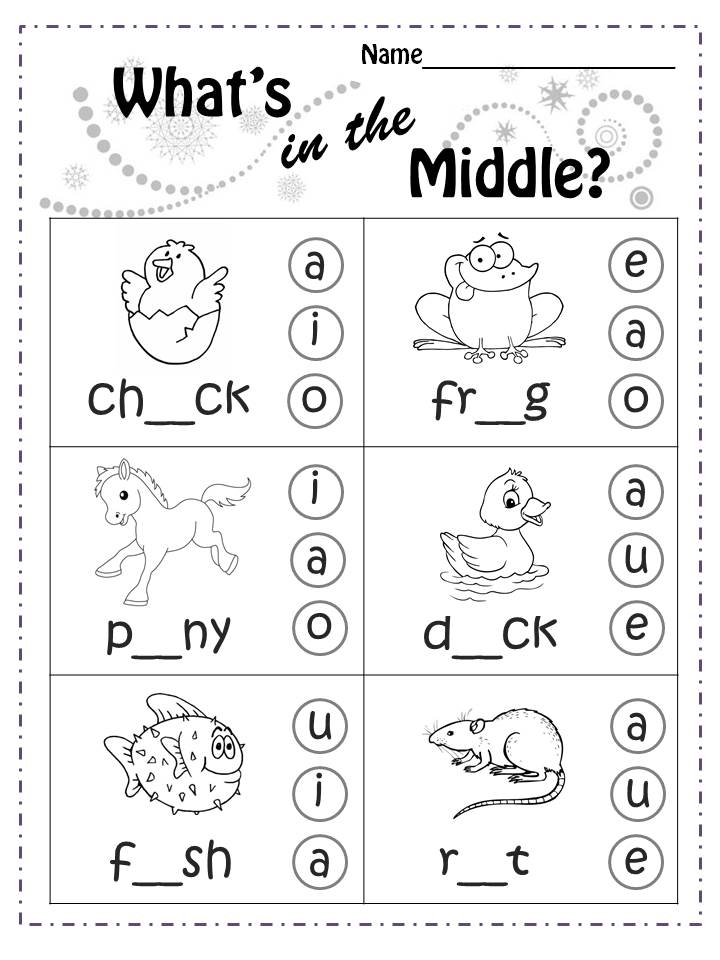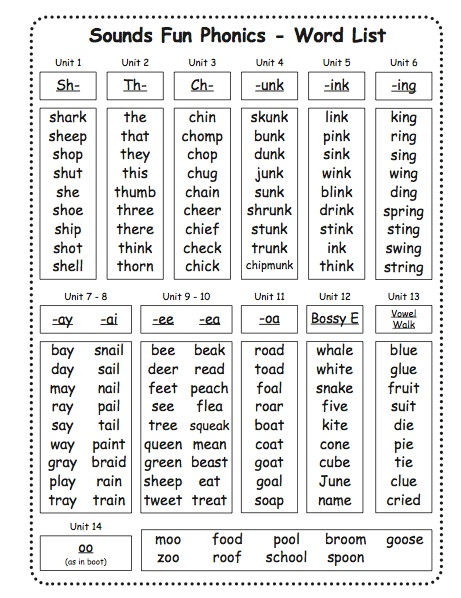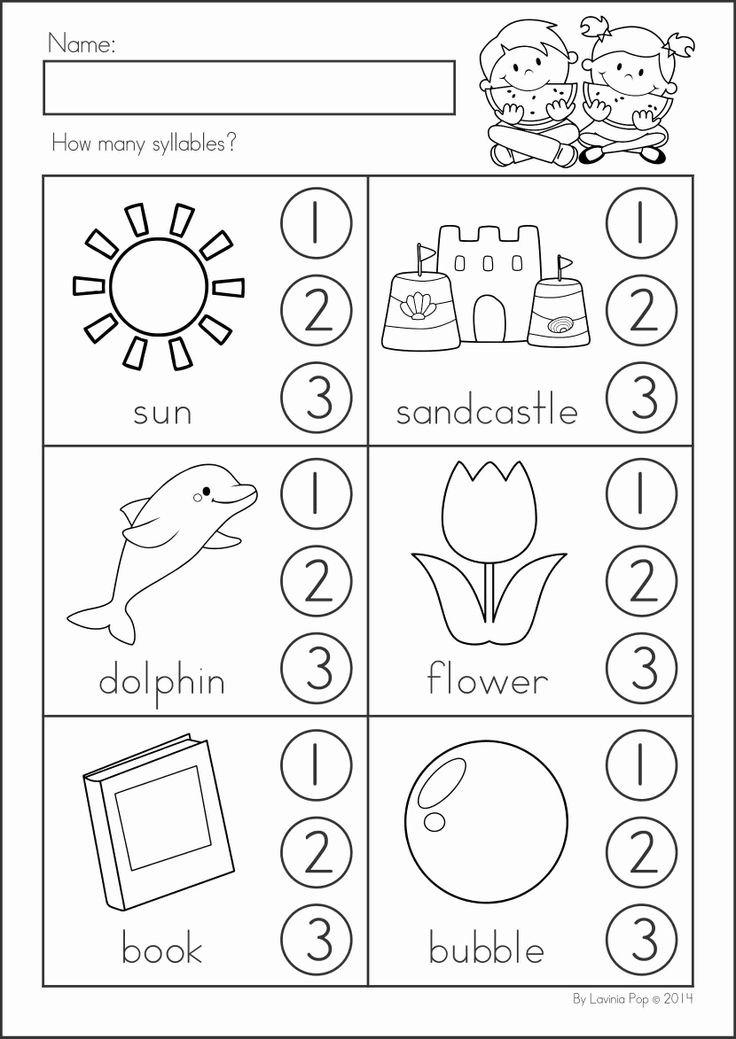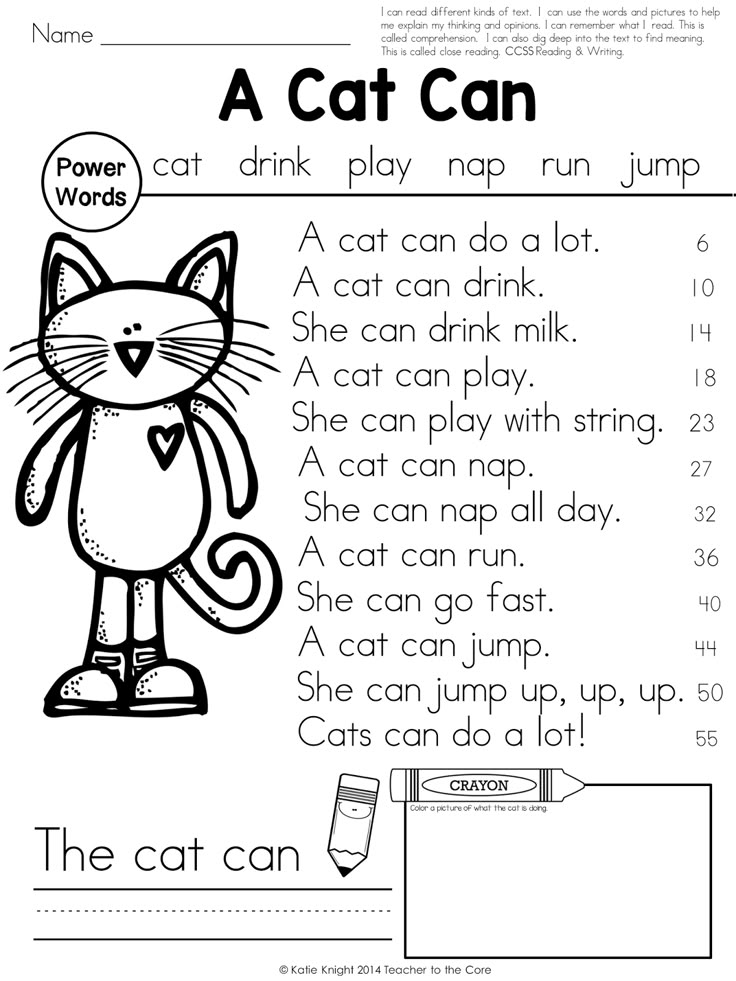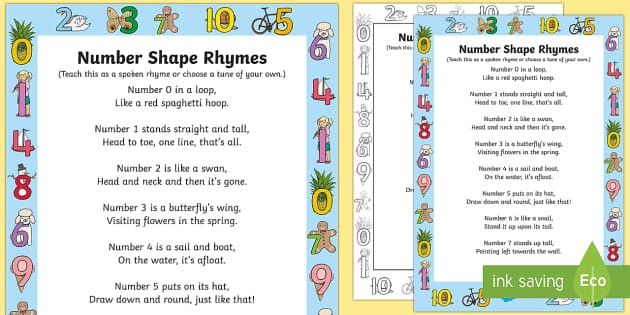Word game for toddlers
Word Games to Play With Kids
Word games are great because they help children focus on sounds and letters, and develop skills they need for reading, writing, and spelling. By playing word games with our kids, we give them the benefit of our company, as well as demonstrating to them that playing with words is lots of fun. There are also word games that have become board games and toys, but the ones you'll find below need minimal equipment.
Guess the animal: Give children a rhyming word and have them guess the animal. "I rhyme with mat. I am a …"
I spy: This is a simple word game most people know. Spot something nearby and tell kids the sound or letter it begins with. Children must look around and try to guess what it is you "spied."
MORE: Shop 'I Spy' Books in Our Store
Make a word: If you have plastic letters, magnet letters, or letter blocks, you can play this as soon as your child is old enough to spell. Play it mentally with older kids, or with paper and pencil. Simply give your children some letters and challenge them to make words from those letters. Great beginning for board games like Scrabble.
Categories: This is a game I loved as a child. Do you remember it? Simply draw a grid on a piece of paper. Then write some categories (for instance "plants," "girls' names," "cars," "grocery items") down one side of the grid and write alphabet letters across the top. It needn't be the whole alphabet. The aim is to try to think up a word for each letter and category.
Hink Pink: Kids adore this game! One person thinks of two-single syllable rhyming words, like fat cat. She works out a clue that should lead (eventually!) to the answer "fat cat." One clue could be "an obese mouse-catcher" or "a pet that eats too much," depending on the age of the guesser. The guesser tries to work out what the two rhyming words are. The game can be extended to Hinky Pinky (two syllable rhyming words), like happy chappy = "joyful fellow." Or Hinketty Pinketty (three syllable rhyming words, much harder), like mellower bellower = "less angry bull.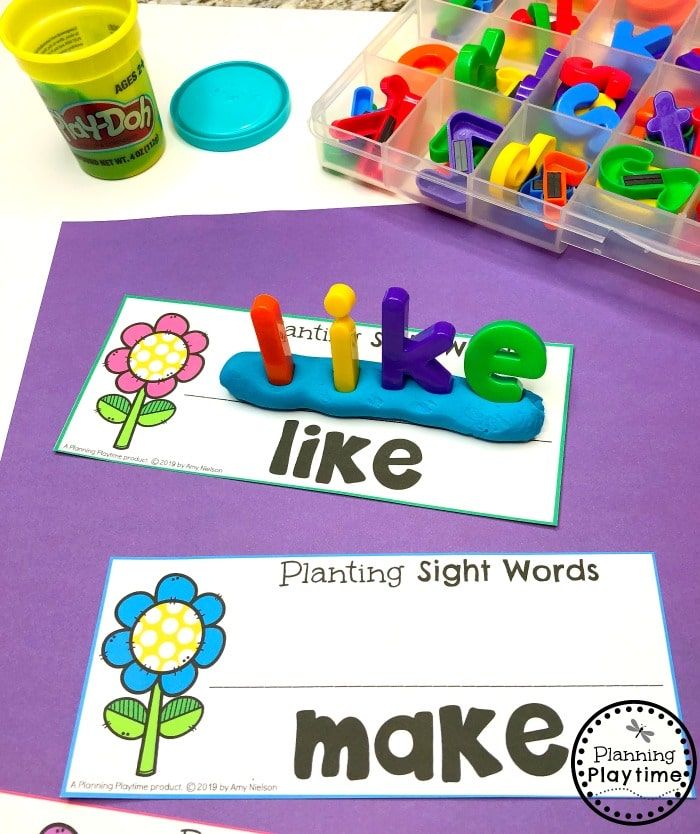 " Mix and match with Hinky Pinketty or Hinketty Pink!
" Mix and match with Hinky Pinketty or Hinketty Pink!
Here are some Hink Pinks you can use to get you and your child started.
Clues 1. seafood platter 2. huge oinker 3. head cover that's been squashed by a truck 4. warmed up joint between two ropes 5. Rained-on puppy
Answers 1. fish dish 2. big pig 3. flat hat 4. hot knot 5. wet pet
If your child has trouble working out how many syllables are in a word, play a game where you tap the syllables on her arm as you slowly say the word: "butt(tap)-er (tap)-fly(tap)." Or march and dance the words, making strong body movements for each syllable. There is nothing more joyous than the sight and sound of 30 youngsters marching about, chanting the syllables in given words!
Once older kids are used to the game, it can provide a lead-in to crossword puzzles, and then cryptic crossword puzzles. All of these word games are great for developing thinking skills, as well as giving the whole family a way of celebrating the joy of language.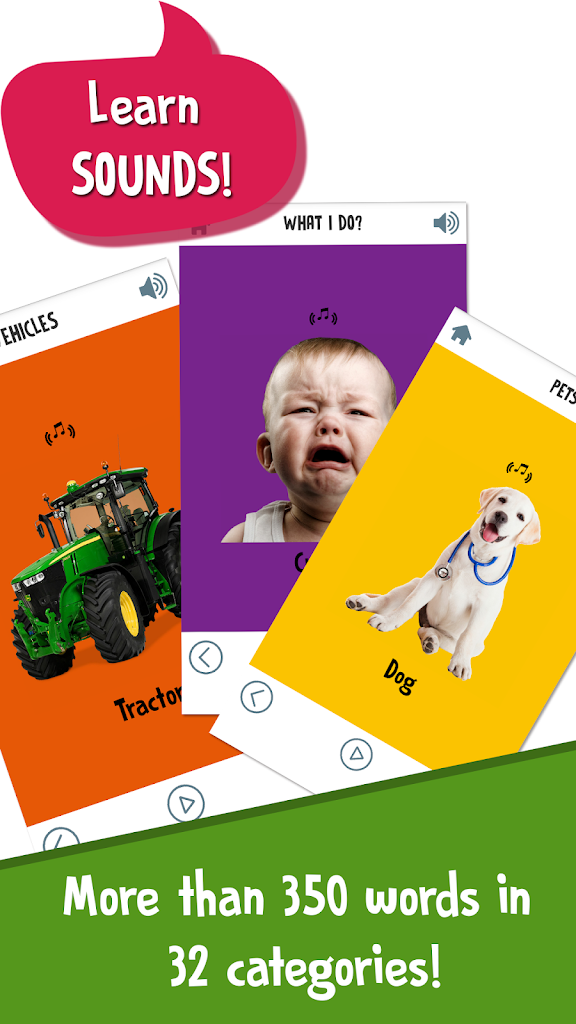
Word Game: I have no idea of the name of this game, but this is how we play it. One person, A, thinks of a five-letter word. A tells B the first letter of the word. B makes guesses at the word and finds out if letters are correct and in the correct place, correct but in the wrong place, or not correct at all. B gets five chances to guess the word.
Here's an example:
A – My five-letter word starts with D.
B – Is it drive?
A - It's not drive. There are no correct letters.
B - Is it donut?
A – It's not donut. The N is correct and in the right place. The U is correct but in the wrong place.
B – Is it dunny?
A – It's not dunny. The U is correct and in the right place, the N is correct and in the right place.
B – Is it dunks?
A – Yes! That's it. The word is dunks.
This game is much easier if you use pencil and paper to keep a record. But doing it mentally is very good memory training! Our family tends to play for fun, but you can keep a running score if you want – the guesser gets 5 points for guessing the word first go, four for guessing on the second go, three for third, two for fourth, one for fifth, and none for missing the word in five guesses.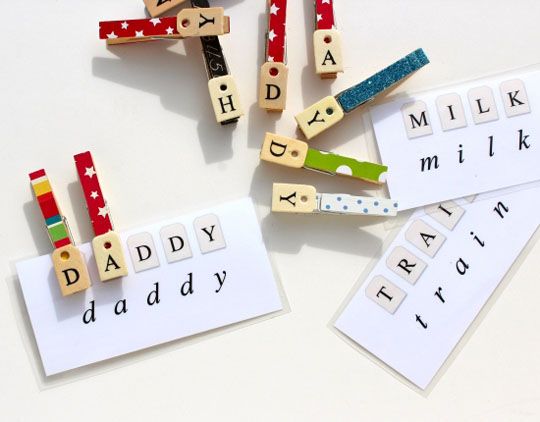 Try four-letter words with younger kids.
Try four-letter words with younger kids.
20 Best Word Games for Kids Recommended by Teachers
English word games are a fun way to get kids to learn new vocabulary skills, sharpen their existing reading skills, and develop their writing skills all in one go. There are tons of fun games to help foster a love for language at a young age and teach them valuable literacy skills along the way.
Here is a look at 20 cool games that put a new twist on classic word games or introduce you to some new approaches to learning vocabulary skills.
1. Popsicle Words
This word game for kids is easy to set up. Simply write words across the 2 popsicle sticks of the same color and let kids match up the two halves of the sticks. Use colored sticks for young readers or one color to make it a bit more difficult.
Learn more: Good and Beautiful
2. DIY Wordle
Wordle is the online word game that has taken the internet by storm.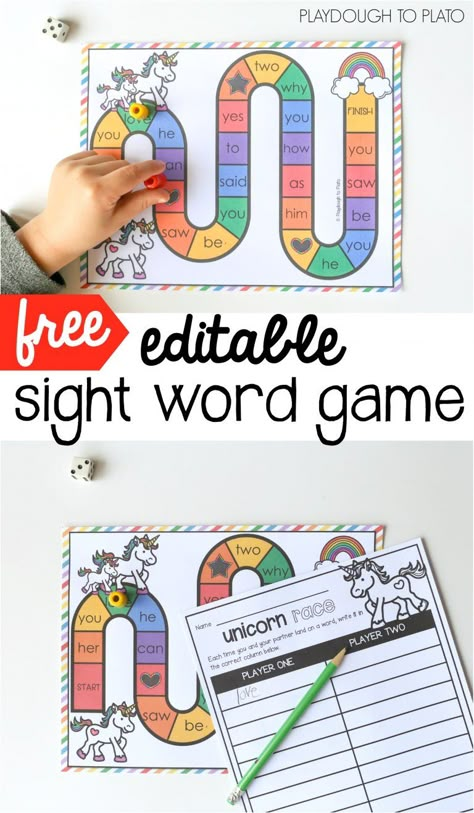 Create custom wordles for kids using words they know or might be learning at school. This DIY version is quick and easy to use and a favorite educational game among learners.
Create custom wordles for kids using words they know or might be learning at school. This DIY version is quick and easy to use and a favorite educational game among learners.
Learn more: Wordle
3. Stop the Bus
This is a classic classroom game that can also be played at home with just a piece of paper. Kids get assigned a letter and must produce one word in each category starting with that letter. It is a game of speed so their language skills are truly out to the test and truly the easiest paper game to set up.
Learn more: ISL Collective
4. Online Hangman
Hangman is one of the best classic word games out there but this fun online version puts a new spin on it. The man is floating above a hungry monster and each incorrect guess pops one of his balloons, bringing him closer to his doom. Don't miss the chance to play this fun new version of one of the most popular word games of all time.
Learn more: Cool Math Games
5.
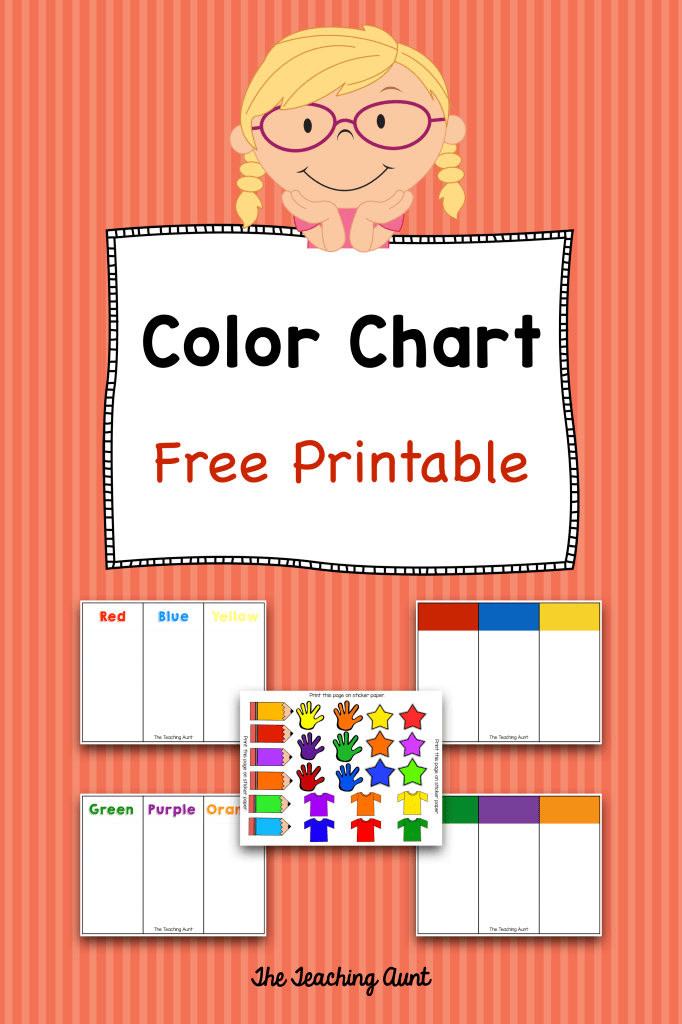 Bananagrams
Bananagrams Bananagrams is a must-play word game for kids of all ages. It uses Scrabble-like letter tiles and players grab tiles and form words. Adding the element of time really puts their spelling skills and concentration skills to the test.
Learn more: Triple S Games
6. Make a Wordsearch
Create a custom word search for kids using words from their in-class theme or that link to a theme at home. You can even throw some silly words in the mix to make it more difficult or add their names for a fun surprise. This classic paper-based puzzle game remains a firm favorite word game.
Learn more: Discovery Education
7. Storytelling Game
Storytelling games are a great way for kids to use their spoken word skills. A spinner or story dice will give prompts for the story and dictate which direction it must go in. Kids can only use one word or one sentence at a time in this conversational game, forcing them to think quickly and creatively.
Learn more: The Colorful Apple
8. Wordicle
This should be a new addition to family game night as Wordicle combines a card game and a dice game to form the ultimate educational board game. Players roll the dice for random letters and use the letters on the cards in their hands to make the highest scoring word possible.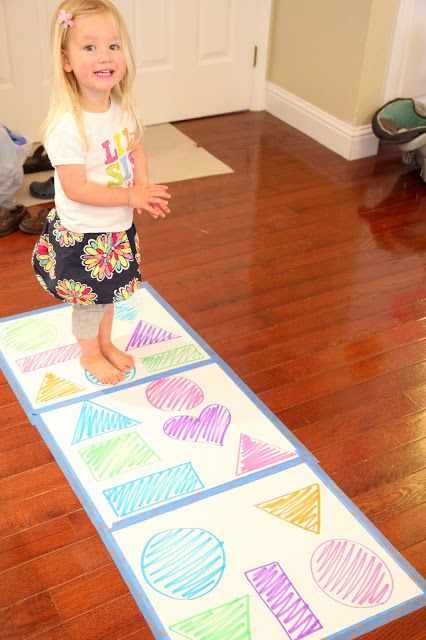
Learn more: UI School Supply
9. Toss the Balloon
To start this sight word game, write a collection of words on a balloon. Toss the balloon in the air and let your child catch it. Whichever word is facing upwards should be read out loud and used in a sentence. Prompt kids who can write to write the words on the balloon themselves. This fun vocabulary game will have kids jumping for joy as they try to catch the balloon.
Learn more: Gift of Curiosity
10. Word Connect
Word Connect is a fun spelling game that kids can play online. Simply connect the letters in the circle to create words using the same letters. Each level adds one more letter to the circle increasing the game difficulty. This game for kids helps build kids' vocabulary as they discover new arrangements for the same letters.
Learn more: Mindgames
11. The Minister's Cat
This classic game was a popular parlor game but can still be played to teach kids all about adjectives.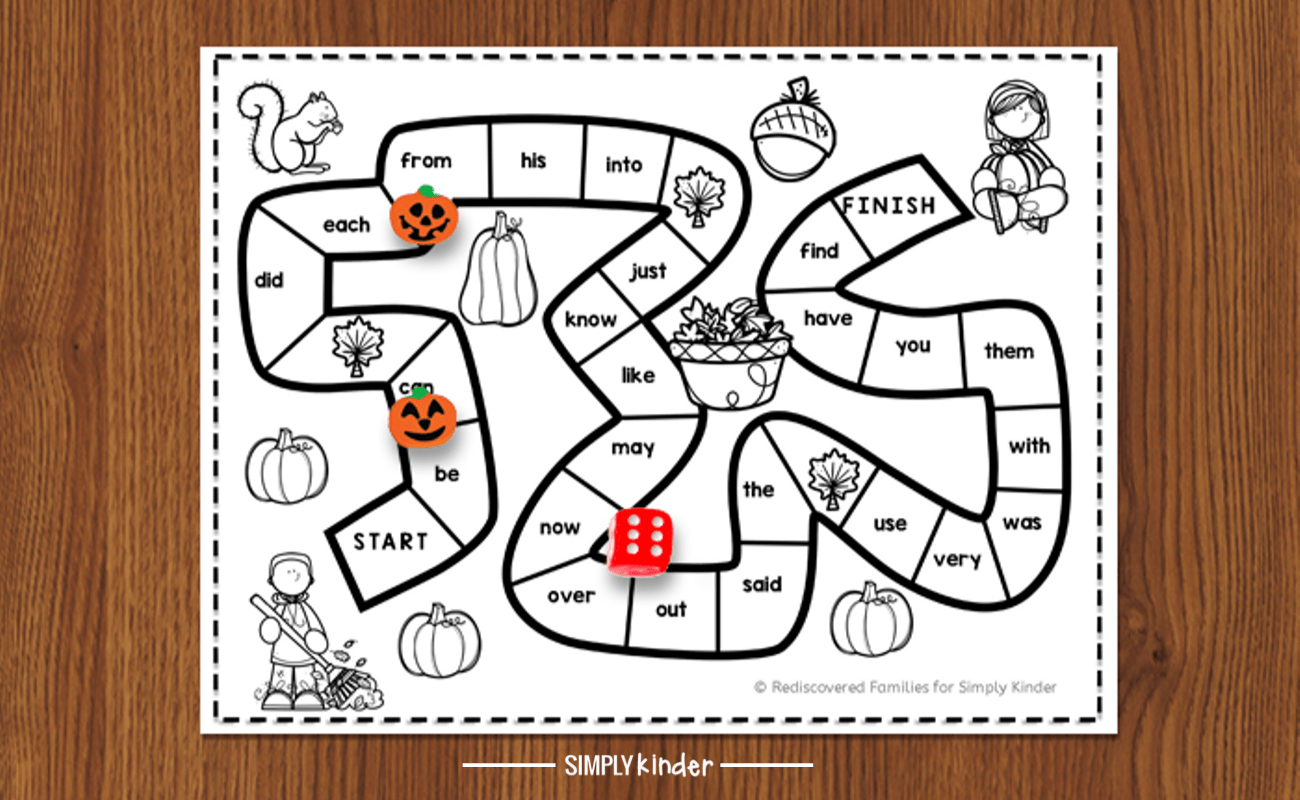 Each player recites the phrase "The minister's cat is a ..." and adds an adjective to describe the cat, moving along the alphabet. An adorable cat, a bouncy cat, a cool cat, and so on. This is a great way to work on listening skills and memory skills as they cannot repeat words and hone alphabet skills as they should determine which letter to use next.
Each player recites the phrase "The minister's cat is a ..." and adds an adjective to describe the cat, moving along the alphabet. An adorable cat, a bouncy cat, a cool cat, and so on. This is a great way to work on listening skills and memory skills as they cannot repeat words and hone alphabet skills as they should determine which letter to use next.
Learn more: Wild Billy
12. Hink Pinks
This fun word game for children is all about rhyming. One player must think of a rhyming phrase like "flat hat" or "wet pet". They should then use another phrase to describe it like "smashed fedora" or "soaked dog". It is up to other players to guess the rhyming 2 words.
Learn more: Hub Pages
13. Boggle
Boggle is a fun and educational game that has unlimited replayability. This handy online version allows you to play this challenging word game without buying the board game and is always handy on a mobile device.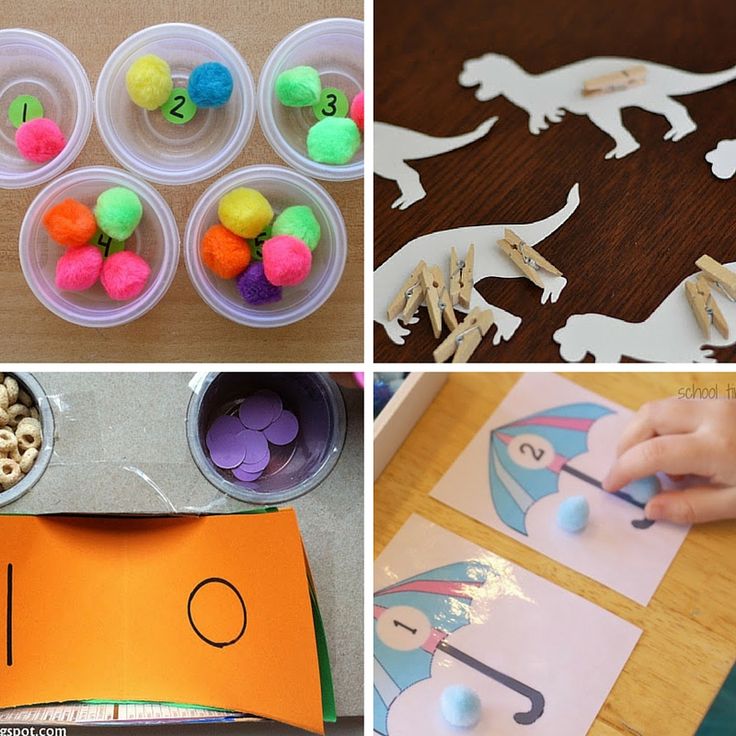
Learn more: Wordshake
14. Blurt
Blurt is a fun new board game, perfect for players who always feel the need to blurt out an answer. One player reads out a description from a card and other players need to blurt out the word in question. Correct guesses will move you forward on the game board.
Learn more: The Dice Tower
15. Codenames
When it comes to word-based board games, few are as popular and well-known as Codenames. Players must call out a word that connects to one or more of the words on the playing cards. Their team must guess the word without accidentally guessing words assigned to the opposing team. This fun online version is free and lets kids play on their own too.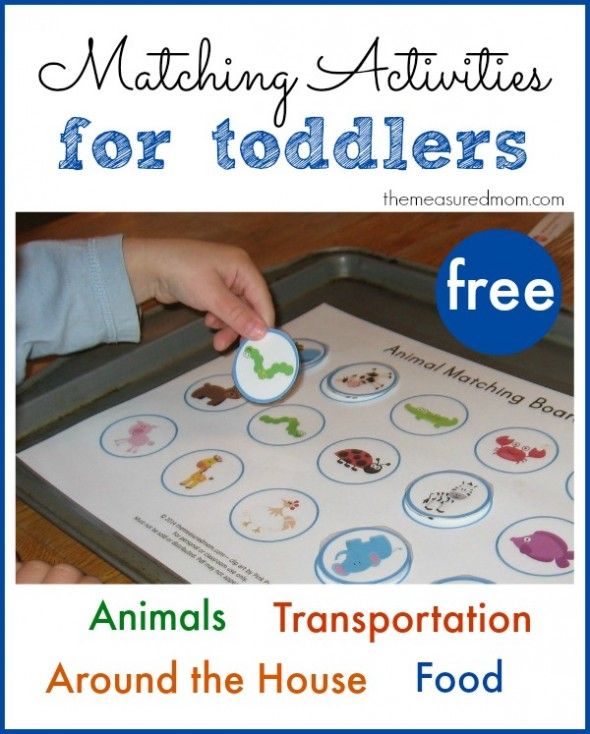
Learn more: Codenames
16. Sight Word Candyland
If you already own the Candyland board game, this adaptation is the perfect simple word game for your kids. This game works on literacy skills and minimizes screen time simultaneously and all you need to do is print out these free game printables. There are also cards for different grade levels so kids of many ages can play together, making it the perfect game for family time.
Learn more at 123 Homeschool 4 Me
17. Sight Word Splat
A couple of fly swatters quickly turn a normal sight word game into a very competitive word game. Write words on papers, laminated cards, or sticky notes, and let kids slap them with their fly swatters as you call them out. It is guaranteed to be a lively game as kids rush to show off their fundamental reading skills.
Learn more: You Clever Monkey
18. Silly Sentence Jenga
Write parts of a sentence on some Jenga blocks and let kids build sentences as they pull the pieces out in a hilarious game of Jenga.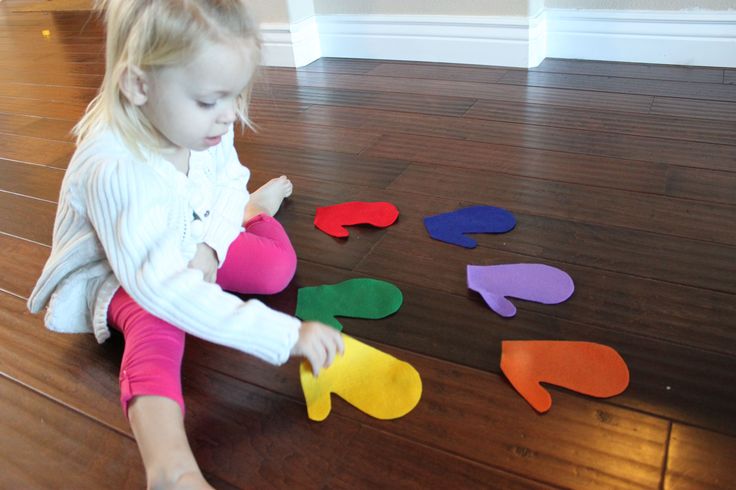 This printable word list will give you a good foundation for the game or you can replace them with your own words according to a theme or what your children like to learn about.
This printable word list will give you a good foundation for the game or you can replace them with your own words according to a theme or what your children like to learn about.
Learn more: Childhood 101
19. Secret Words
This vocabulary game for kids is great for language development. Print out cards that spell out a word using simple pictures to spell out a word. An apple would represent an "a" and a ball will represent a "b" for example. Kids can use magnetic letters, letter blocks, or scrabble tiles to decipher the secret words.
Learn more: Fun Learning For Kids
20. Word Hunt
Even the most reluctant learner will love going on a word treasure hunt. Put some sticky notes all over the house with words printed on them. Give kids a square grid with the matching words written in each block. Kids must find the sticky notes and complete their grid to win the game.
Learn more: Walking By The Way
Top 10 word games with children • Ursa Major School of Parenthood
The game is for joy. And the game that pleases, in itself, often provokes the development of the child much more than a specially organized educational game. Zhenya Katz tells how to play with letters and words to make it fun.
And the game that pleases, in itself, often provokes the development of the child much more than a specially organized educational game. Zhenya Katz tells how to play with letters and words to make it fun.
Riddles
Very many games that develop verbal or sound thinking are oral. You can think of a certain object, but answer the question only “yes” or “no”. Let's say I guessed what is on my table. And the child starts asking:
− Is it big?
I say:
− No.
− Is it larger than a glass?
- No.
− Is it square?
- Almost.
− Is it iron?
- No.
− Is it wooden?
- No.
− Is it rubber?
− Yes.
− Is it black?
- No.
− Is it white?
− Yes.
− Is that an eraser?
− Yes, it's an eraser. You guessed it, well done. Now you tell me, and I'll ask.
You can guess some simple things and suddenly it turns out that it is not so easy to guess them even for an adult, although the hidden object is completely simple, everyday.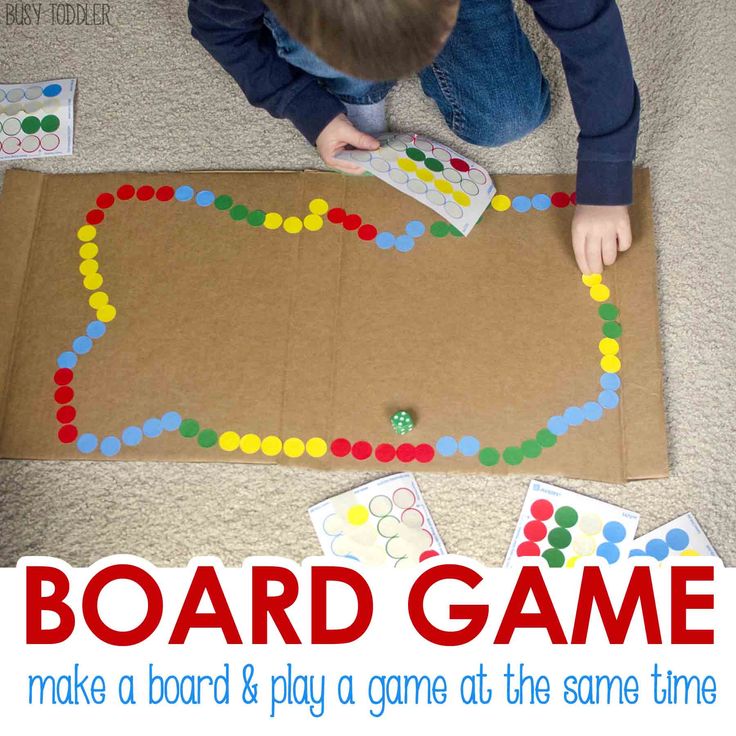
You can make word riddles. But not classical, folk, which everyone knows and which are printed in collections: a girl is sitting in a dungeon, and a scythe is on the street. Modern children have not seen how carrots grow, so they cannot guess what kind of scythe it is on the street, why the girl is sitting in a dungeon and why this has to do with carrots. That is, they are ready to learn both this text and this answer. But they cannot correlate, they did not see it, this is not an easy metaphor.
By riddles, I mean something completely different. You can describe an object by naming several of its features, giving a definition. For example, a beast that meows.
- I thought of a striped beast that eats grass.
Child says:
− Tiger?
- Not a tiger. The tiger does not eat grass. And this beast also has hooves and a mane.
− Aaah, a horse!
− Striped!
Or I can say:
− Yes, only the name of the beast begins with the letter "z".
- Striped horse on the "z" .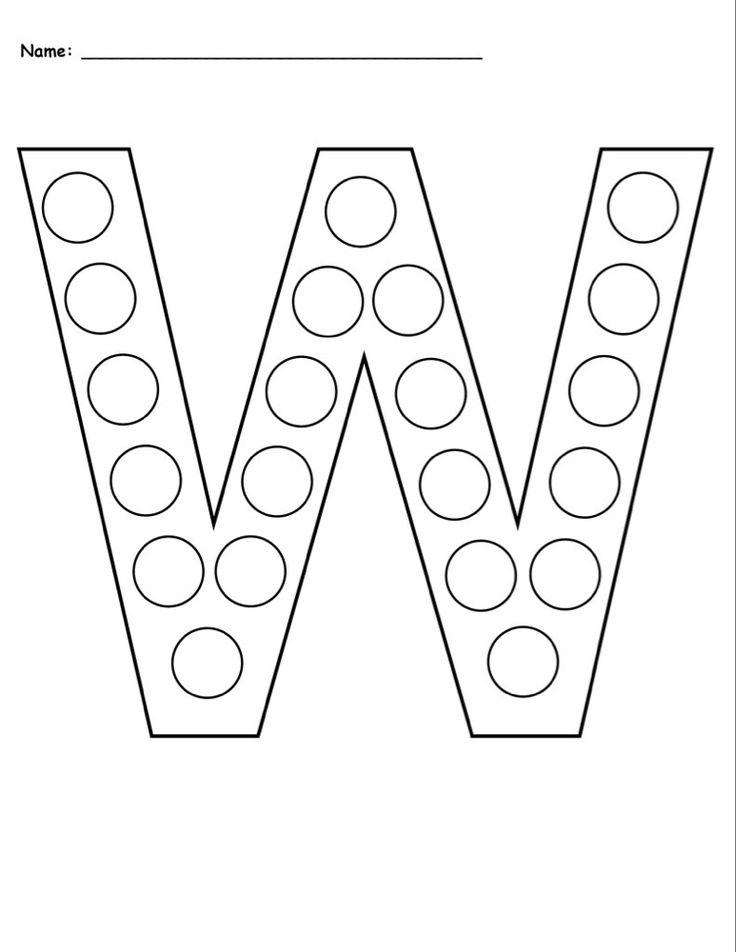 .. Aaah, a zebra!
.. Aaah, a zebra!
Or I can say:
- Sour, yellow and oval.
Child:
− Oh, I know it's a fruit.
− Yes, fruit. Which one then? It is also put in tea.
− Yeah, yellow, lemon!
Or:
- Red, round, put in a salad.
I could mean a tomato, and the child says, "Radish." Great, that's fine too.
It is useful to come up with such riddles. Nothing less useful than guessing.
Tongue twisters and poems
It is not so easy for an adult to pronounce them. Therefore, if you play tongue twisters with your child, start with yourself. Try to say it yourself quickly and quickly and show the child how you practice, how you train, how you learn it.
You can play with some verses: you start, and the child remembers the right word at the end.
− Where did the sparrow have lunch? At the zoo,…
− … animals.
While the child remembers the right word, you can offer funny options.
- Stayed with a rhinoceros, ate bran . .. the road.
.. the road.
- No, - says the child, - not the road.
− What is it? From the threshold.
− No-no, not from the threshold.
− What?
− Not much!
Extra word
You can also play - name some groups of words and guess who is extra. Significantly, there can be multiple correct answers in this game. You can play it on the go, invite your child to come up with such riddles. But it is important that he explains his decision. For example, I can say: "bus, tractor, trolley bus, tram." Which of these words is redundant? Someone can say that the bus, because it is on the "A", and all the others begin with the letter "T". Someone will say that the tram, because only he goes on rails, and everyone else does not. Someone will say that it is a tractor, because it is not public transport, but everyone else carries people. Do you understand? Any explanation is fine.
It is important that it is also useful for the child to come up with such problems.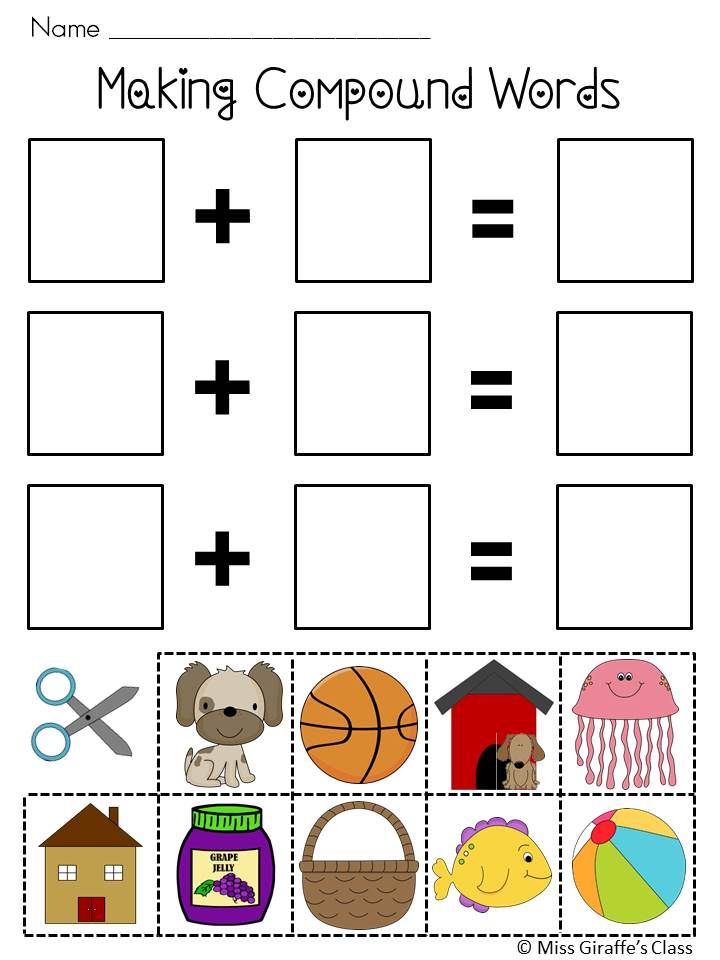 After all, only adults are always the bearers of the ultimate truth: first you guess, then the child. And this is not only a game, but also a process of communication. If you like to invent, then that's great.
After all, only adults are always the bearers of the ultimate truth: first you guess, then the child. And this is not only a game, but also a process of communication. If you like to invent, then that's great.
Snowball
There is such a wonderful game "Snowball". It is both verbal and developing memory. One says:
- Cat.
Second:
− Cat, dog.
Third:
− Cat, dog, hare.
Fourth:
− Cat, dog, hare, tiger.
Any words can be spoken. There is also another version of this game. Let's say the first one says:
- I'm going camping and I'm taking a spoon with me.
Second:
− I am going camping and I am taking a spoon and a bowl with me.
And so on. Everyone adds their own. But at the end, not at the beginning. That is, initially he must remember all the words that were said before him, then add his own.
When we play with a group of children, I suggest not only naming the words, but also, if someone has forgotten, you can prompt, but only with gestures.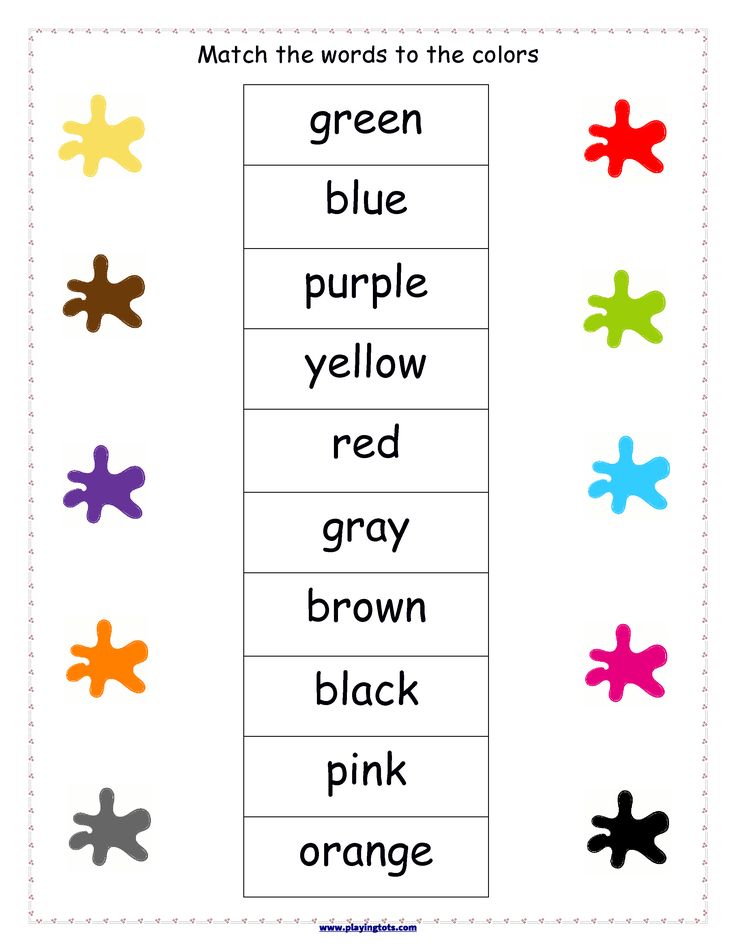
You can name the first letter in each word, and this is also not so easy for some children. But when you have already done it, then some riddles are all one letter. For example, we think of all the words with the letter "M". I say:
- It's so big, with wheels, you can ride on it.
− Machine.
− Okay, then I'll make another guess with the letter "M". It's so tasty, cold and comes in a waffle cup.
− Oh, that's ice cream!
− It's also so sweet and made by bees.
- Med.
− And now let's try to come up with something on "M".
And this is much more difficult: to come up with a word that begins with this letter, and then describe it - this is a serious job for a child.
Contact
This game is suitable if the child already knows what the first letter is and understands the definition: “this is such a beast that meows”. If he does not name the word itself, but pronounces the description, then after that it is already possible to play. I think many people know the rules, but I'll tell you again just in case.
I think many people know the rules, but I'll tell you again just in case.
Contact - a game for several people, you need at least 3-4 participants. The host thinks of a word and tells all the other players the first letter, for example "K". The rest of the players begin to come up with their own words that begin with "K", for example, one says:
- Isn't this the kind of animal that meows?
The host says:
− No, it's not a cat (if he really didn't think of a cat).
The other one says:
− Isn't he like that, Cheburashka's friend?
Host:
− Gena. No, wait, "K". It's not a crocodile.
And so all the players are trying to come up with such a definition that they understand, but the leader does not understand. And if suddenly they succeed, for example, one of the players says:
- She is sweet and is eaten boiled.
The host says:
- Porridge.
− No, she grows in the field, she is tall and has hairs inside her.
The host says:
− Oh, I don't know.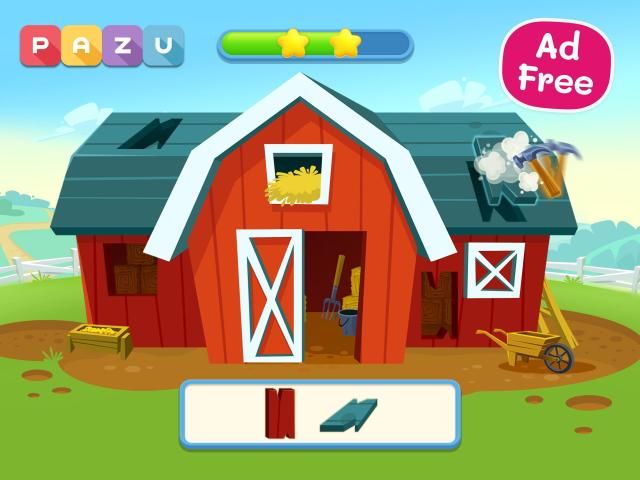
Then the rest of the players start counting: up to 3, up to 5 or up to 10, as you agree. And they say “Contact!”, And then they pronounce the guessed word in unison. If the one who gave the definition and the one who said “corn” agreed, then the driver should tell them the next letter.
− All right, then I'll tell you the second letter. The second letter is "O".
And then all the players who guessed come up with “Ko”. And then, say, they came up with some other definition that the driver did not guess, then they already have three letters. And so little by little they guess the word. And whoever guessed it in the end becomes the next driver.
This game is not as easy as it might seem - it can be difficult even for adults to play it. But if you are not in a hurry, do not try to beat the child without fail, then the game process will give everyone pleasure.
If you don't try to measure who won and who lost, then it works quite well. For example, it allows you to find out how words are spelled.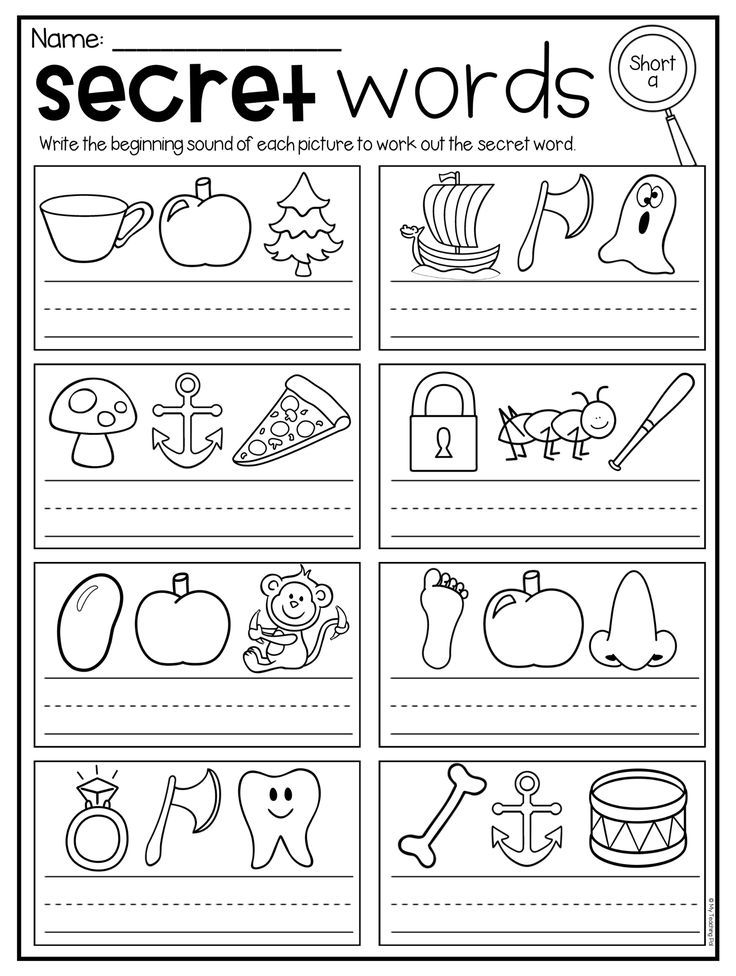 It can be very funny to play with children, they come up with non-trivial spelling and do not always understand which letter is next in the hidden word.
It can be very funny to play with children, they come up with non-trivial spelling and do not always understand which letter is next in the hidden word.
Kuzovok
There is a similar game when it is not the beginning of the word that is important for us, but the end: everything starts with “-ok” - “Kuzovok”.
“Sasha walked into the woods, took a box truck with him.
What's on "-ok", puts everything in a box.
And we tell the child that a box is such a basket
− I found a fungus and put it in a box.
You can draw and sculpt everything you find.
− What else can be put in the container?
- Leaflet (put in box).
− What else?
- Boot.
− All right, that's fine.
Chain of words
Many people play cities when they think of a city with the last letter, but cities for young children are too difficult, they do not know so many names. Therefore, you can play with ordinary words.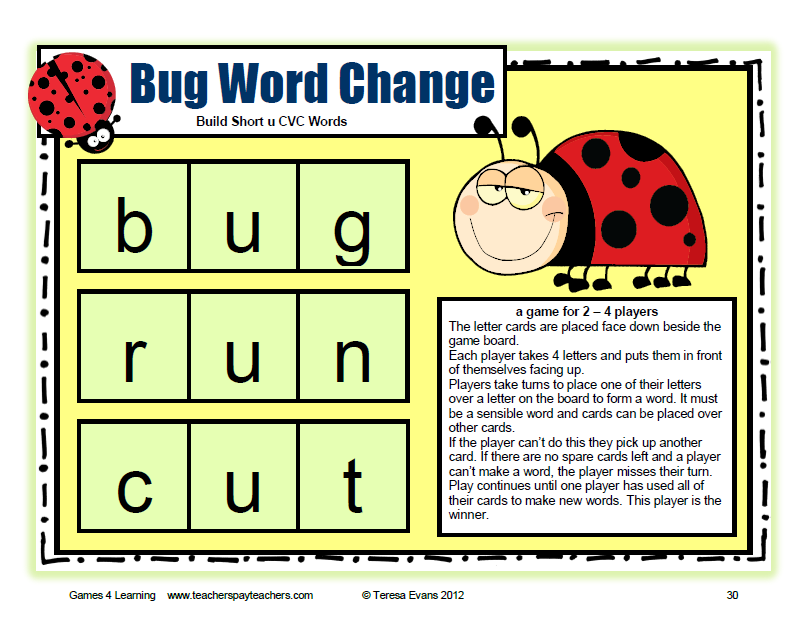 And I say, for example:
And I say, for example:
- Cat. What is its last letter? "T". So, now you need to come up with a "T". Come on.
- Tractor.
− Yeah, then I'll come up with an "R". I say "rukaV", come on, let's think about what his last letter is?
And here comes an interesting thing. The child says:
- "F"?
I say:
− You know, this can be checked. Let's think, the jacket has one sleeve, and if there are many? Two sleeves. We say "two arms" and not "two arms"
The child agrees:
− Of course, armVa.
- Great, now you know. The sleeve is the last letter "B". See, we checked it out.
It is absolutely not necessary to say that later you will learn this at school. And this is a great way to understand, to check which letter to write.
Hidden letters
I guess some letter, and then the children suggest words, and I say if this letter is there, and if so, how many times it occurs. For example, they say:
− Cat.
I answer:
− There is no such letter, none.
Children continue:
- Mountain.
I confirm.
- One.
They say:
- Pineapple.
Me:
None.
They say:
− Fish.
Me:
− One.
And then they can already guess what letter it could be. For example, now I thought of "R".
Or you can ask the child to think of a letter, and then it will be his turn to try to understand which letters are and which are not. And this is a pretty serious analysis.
Author: Zhenya Katz, educator, author of the method of playing teaching children
Series of online lectures "Play and Children"
Watch the free open lesson "Play and Children" with Zhenya Katz.
Learning words - a game for kids
Description
Welcome to Learn Words, a fun learning game for kids aged 0-4. Your baby will be able to learn 115 different words and sounds and will easily understand the game by watching what is happening on the screen. By clicking on an animal, mode of transport or other object, it starts to move, a special sound is played in parallel, for example, a dog barking. The voice will say the name of the displayed item.
The voice will say the name of the displayed item.
In “Guess the picture”, 4 different images are displayed on the screen and a voice asks the child to find a specific object: for example, “Where is the plane?”. If the child clicks on the correct object, then he starts to move and plays a special sound.
The images are divided into 8 categories:
- Animals
- Vehicles
- Music
- Fruits
- Clothes
- Colors
- Home
- Guess the Picture
The app's interface is clear, interactive and great for young children to play with. Completely in Russian.
Version 1.5
The app has been updated by Apple to display the Apple Watch app icon.
- Bug fixes
Ratings and reviews
ratings: 28
Pay again?
I bought the game on my phone, installed it on my tablet, gave family access and does not work.
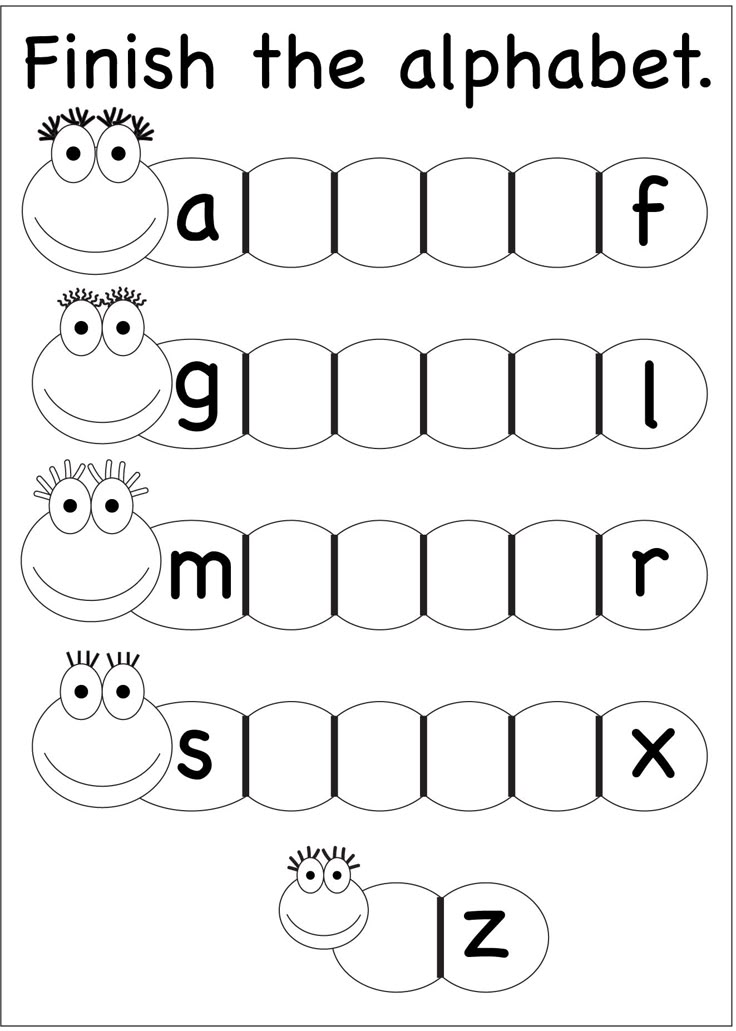
Pay again????
Paid for the full version. The factory settings have flown (after installing the application again, it requires payment again ((((
Badly
I paid for the full version, the money was withdrawn, but nothing was unlocked
The developer of Tailmind has not communicated to Apple about its privacy policy or data processing practices. Detailed information is available in the developer's privacy policy.
N/A
Developer will be required to provide privacy information when submitting the next app update.
Information
- Provider
- Tailmind AB
- Size
- 66.
